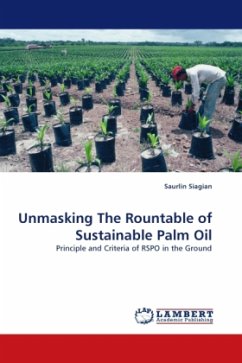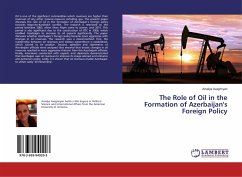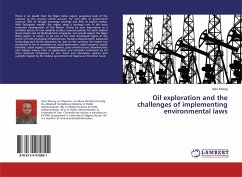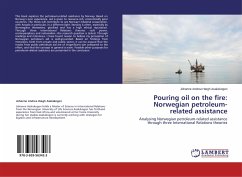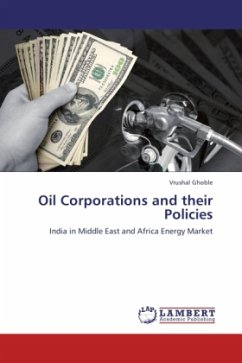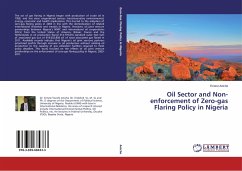International society and agreements on how the sustainable development is to be achieved influenced the principles of the Roundtable on Sustainable Palm Oil (RSPO), an international multi-stakeholder organisation set up to regulate the growing palm oil industry voluntarily. The protection of third generation rights under formal RSPO documents is quite advanced, but there remains a wide gap between the principles of RSPO and realities on the ground. Power relations are thus reflected in the issues and proceedings of the legal case brought by a number of NGOs against the Wilmar Group, a leading member of RSPO. This is an example of how conflicting stakeholders with very unequal resources and power inequalities are able or unable to resolve their differences to mutual benefit and to promote the wider values of sustainable development.

